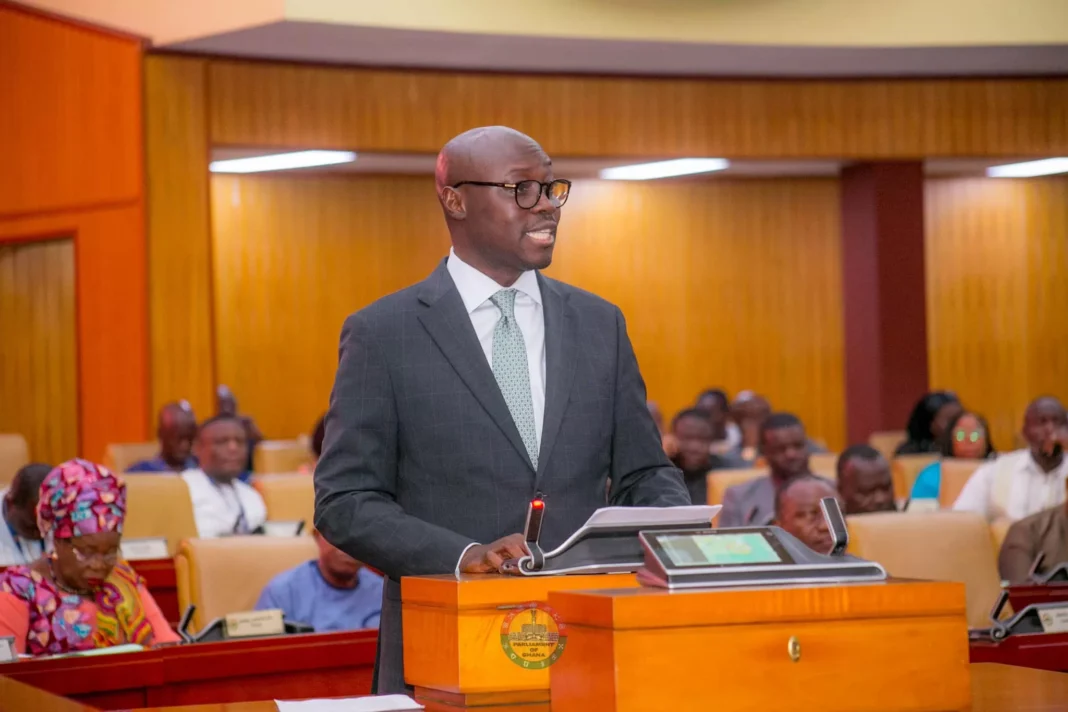Ghana’s fiscal landscape is showing signs of improvement, according to a recent projection by S&P Global Ratings. The agency forecasts a substantial decline in Ghana’s public debt and net of liquid assets over the next few years, from 71.4% of GDP at the end of 2024 to 47.4% by 2028.
This anticipated reduction of nearly 24 percentage points suggests a potential shift towards greater macroeconomic stability and improved fiscal management.
The Ghanaian government has introduced economic reforms aimed at curbing excessive borrowing, improving revenue collection, and boosting investor confidence. These efforts, combined with ongoing debt restructuring and consolidation, are expected to contribute to the country’s fiscal recovery. The government’s commitment to implementing these reforms will be crucial in determining the success of its fiscal strategy.
The forecast comes at a time when Ghana is navigating the challenges of post-COVID recovery, currency volatility, and global economic uncertainty. Despite these challenges, the projected decline in public debt could signal a positive turnaround for the country’s economy. If the projected trajectory holds, it could restore credibility to Ghana’s economic management and support a more resilient economy.
Financial analysts and policymakers will be closely watching the country’s progress, as meeting these targets could unlock new avenues for development financing, foreign investment, and overall economic growth. The outcome will likely have significant implications for Ghana’s economic future and its ability to attract investment and drive growth.
A successful fiscal recovery would be a positive development for Ghana, enabling the country to build a stronger economy and improve the lives of its citizens. The government’s efforts to implement economic reforms and manage its debt will be crucial in determining the country’s future economic prospects. By maintaining a commitment to fiscal discipline and sustainable economic practices, Ghana can work towards achieving long-term economic stability and prosperity.
The potential reduction in public debt could also have a positive impact on Ghana’s credit rating, making it more attractive to investors and enabling the country to access more favorable borrowing terms. This, in turn, could lead to increased investment in key sectors, such as infrastructure, education, and healthcare, ultimately contributing to the country’s overall development and growth.












